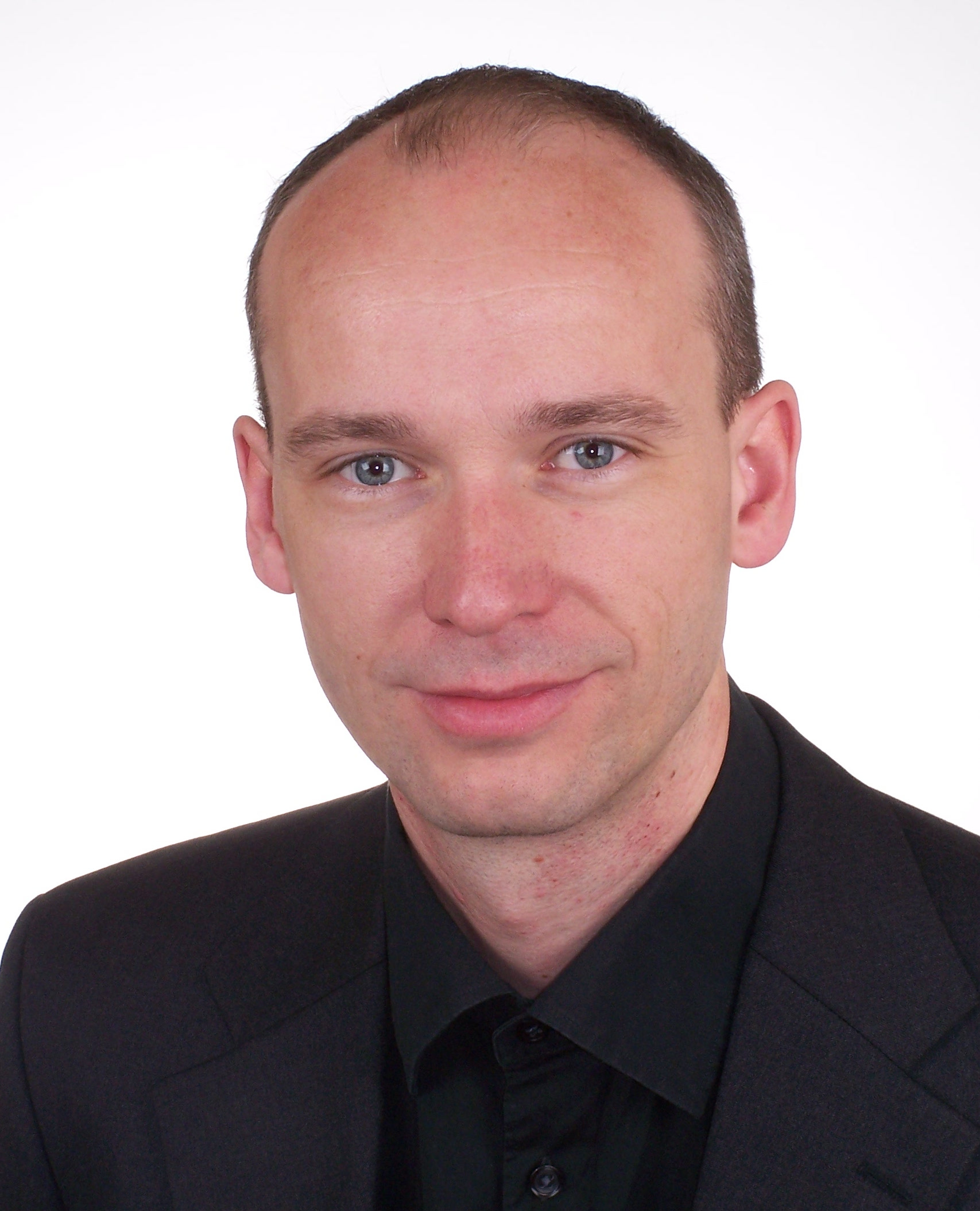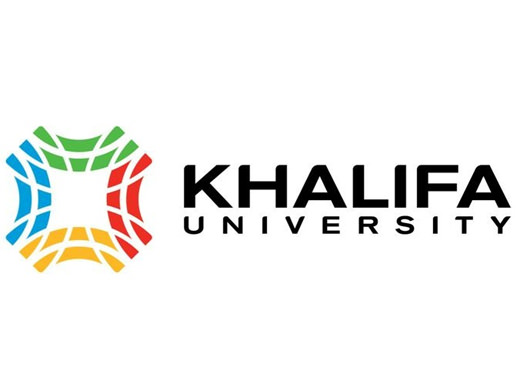Keynote Speakers
Falko Dressler, University of Paderborn, Germany
View short CV
Falko Dressler is a Full Professor for Computer Science and head of the Distributed Embedded Systems Group at the Dept. of Computer Science, University of Paderborn. Before moving to Paderborn, he was a Full Professor at the Institute of Computer Science, University of Innsbruck between 2011 and 2014, and an Assistant Professor at the Dept. of Computer Science, University of Erlangen. Dr. Dressler received his M.Sc. and Ph.D. degrees from the Dept. of Computer Science, University of Erlangen in 1998 and 2003, respectively.
He is an editor for journals such as IEEE Trans. on Mobile Computing, Elsevier Ad Hoc Networks, Elsevier Computer Communications, and Elsevier Nano Communication Networks. He was guest editor of special issues on self-organization, autonomic networking, vehicular networks, and bio-inspired communication for IEEE Journal on Selected Areas in Communications (JSAC), Elsevier Ad Hoc Networks, and others. Dr. Dressler was General Chair of IEEE/ACM BIONETICS 2007, IEEE/IFIP WONS 2011, IEEE VNC 2014, and ACM MobiHoc 2016, TPC Co-Chair for IEEE INFOCOM, IEEE VNC, IEEE VTC, IEEE GLOBECOM, and ACM MSWiM, and Poster/Demo Chair for ACM MobiCom. He regularly serves in the program committee of leading IEEE and ACM conferences. Dr. Dressler authored the textbooks Self-Organization in Sensor and Actor Networks published by Wiley in 2007 and Vehicular Networking published by Cambridge University Press in 2014. Dr. Dressler has been an IEEE Distinguished Lecturer as well as an ACM Distinguished Speaker in the fields of inter-vehicular communication, self-organization, and bio-inspired and nano-networking.
Dr. Dressler is a Senior Member of the IEEE (COMSOC, CS, VTS) as well as a Senior Member of ACM (SIGMOBILE). He is actively participating in the IETF standardization. His research objectives include adaptive wireless networking, self-organization techniques, and embedded system design with applications in ad hoc and sensor networks, vehicular networks, industrial wireless networks, and nano-networking.
From Connected Cars to Smart Cities – On Wireless Communication Latency and Reliability
DownloadShort Abstract

In this keynote, we discuss the challenges and opportunities of the connected cars vision in relation to some of the most needed components in modern smart cities: improved road traffic safety combined with reduced travel times and emissions. Using selected application examples including the use of virtual traffic lights, intelligent intersection management, and platooning, we assess the needs on the underlying system components with a particular focus on inter-vehicle communication.
With the standardization of the DSRC/WAVE protocol stack, the vehicular networking community converged to a common understanding of data dissemination schemes that already have high potentials for many applications. Yet, vehicular networks are way more dynamic than originally considered. Radio signal fading and shadowing effects need to be considered in the entire design process as well as the strong need for low-latency communication, fairness, and robustness. We bring all these aspects together outlining necessary ingredients for future connected cars applications.
Paul Crane, BT, UK
View short CV
Paul Crane is Head of Practice in BT’s Research and Innovation group. Paul leads applied research activities in Mobile, Wireless and Sustainability. The objective of this work is the development and delivery of technical solutions for next generation services. His current research activities are focused on the application of emerging mobile technologies to meeting the needs of consumer and business customers. Paul is a telecommunications engineer, with over 20 years in the industry. He has undertaken a variety of from strategic technology roles with BT in the UK, USA and Europe. Paul has a personal interest in the development of voice, multimedia communications and mobile technology
Towards 5G – an operators perspective
DownloadShort Abstract

Fixed line broadband and 4th generation mobile network have had a transformational impact on today’s world. There is a growing consensus on the needs for future wireless services which embody significant technical and economic challenges. The 5th generation of mobile technology will need to support broadband, IoT and tactile internet services. This talk explores some of BT’s research activities which aim to address these challenges and highlights how 5G is driving convergence of fixed, Mobile and computing infrastructure.
WiMob 2015
Location
Abu Dhabi, UAEDates
19 - 21 Oct, 2015Venue
Novotel Al Bustan - 4*Contact
General Chair
Abderrahim Benslimane
University of Avignon, France
General Co-Chairs
Samuel Pierre
Ecole Polytechnique de Montreal, Canada
Bayan Sharif
Khalifa University, UAE




